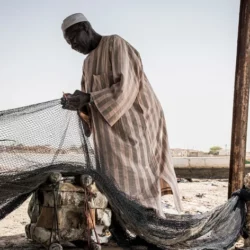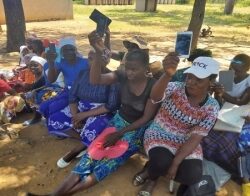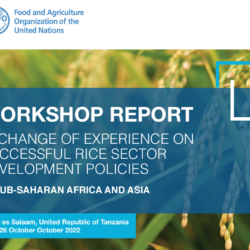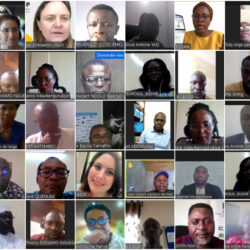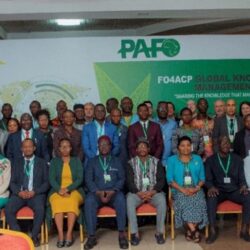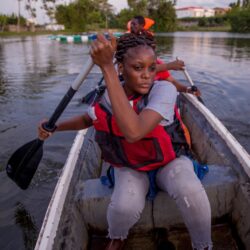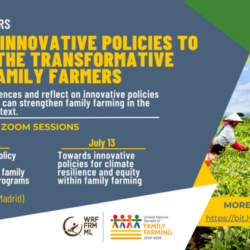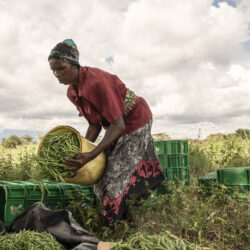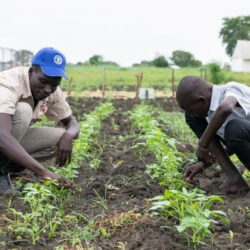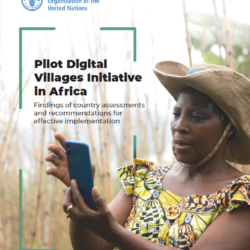The Coastal Fisheries Initiative: Teaching communities to fish sustainably
There are no longer plenty of fish in the sea. According to the Food and Agriculture Organization (FAO), more than 35 percent of the world’s assessed fish stocks are fished at unsustainable levels, versus just 10 percent in 1974. Warming oceans, acidification, and pollution are also taking an increasing toll. And with the livelihoods of some 600 million people worldwide dependent on fishing to some degree, and growing demand for marine protein to feed

